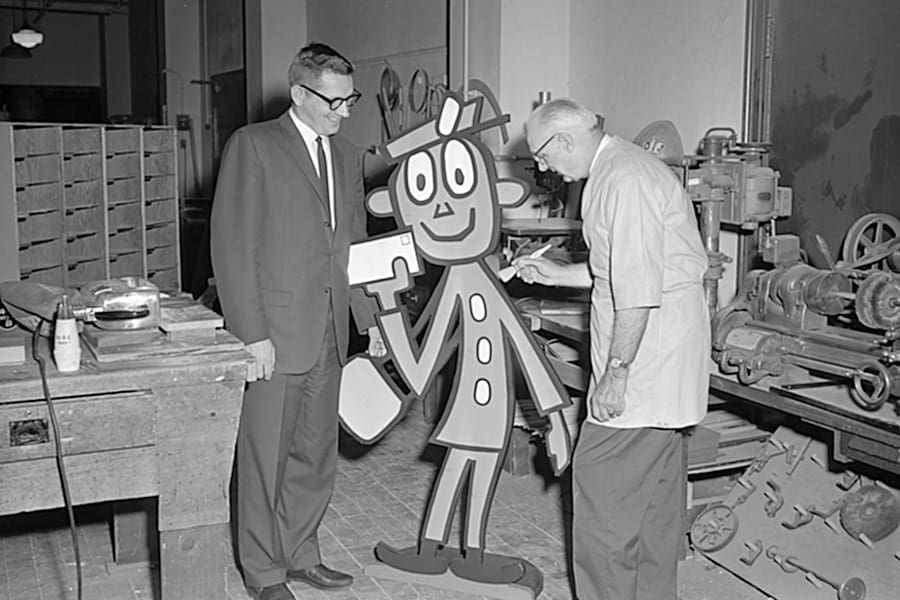The ZIP Code was launched 60 years ago this month as part of a program of improvements to increase postal delivery speed.
At the time, Americans were already struggling to adapt to three-digit area codes for long-distance telephone calls, so promoting the five-digit ZIP (short for Zone Improvement Plan) Code was a tough sell.
To help get the word out and encourage the widespread adoption of ZIP Codes, the Post Office Department enlisted the aid of an ad agency.
These efforts included:
• Ethel Merman singing of the virtues of ZIP Codes to the tune of “Zip-a-Dee-Doo-Dah”;
• Public service announcements in newspapers, on radio and TV, and on buses and rapid transit;
• “ZIP Code” — a catchy, kitschy 15-minute film starring the Swingin’ Six musical group — which won a silver medal at the 1966 International Film and TV Festival for explaining the rationale behind the code; and
• Mr. ZIP, the new code’s mascot, which worked wonders in bringing it to public attention.
The full-court press paid off: By the end of the decade, the use of ZIP Codes had become established practice.
Today, the code has expanded to ZIP+4 and its uses have spread well beyond the Postal Service.
Social scientists, businesses, demographers and others use the codes to interpret, organize and disseminate data.


Add your first comment to this post